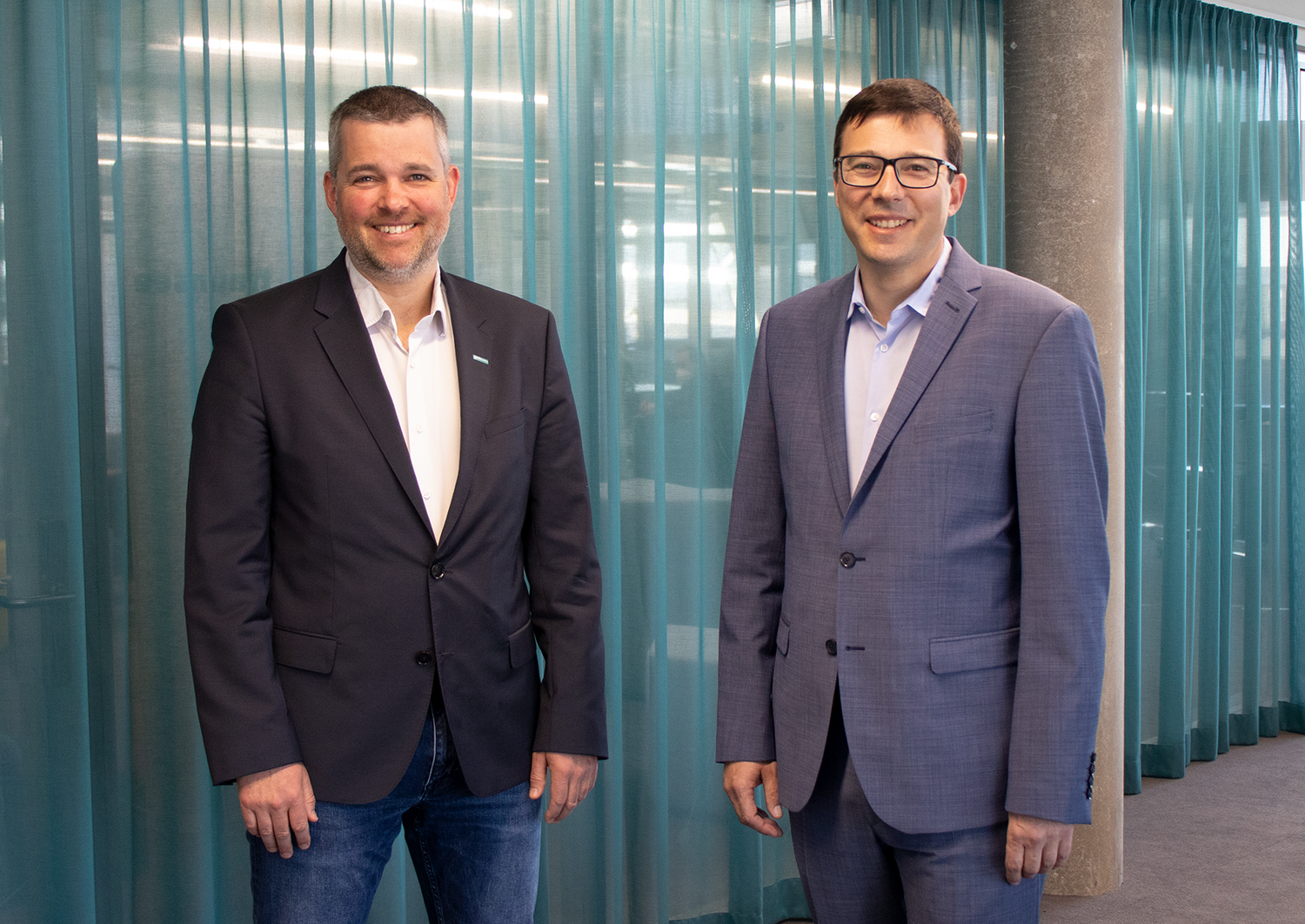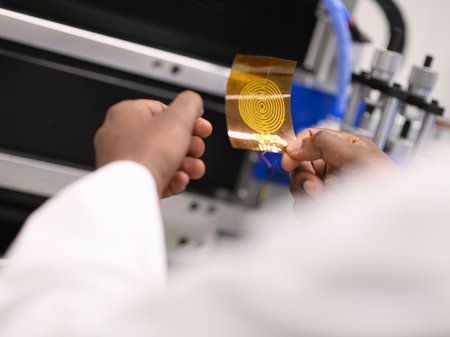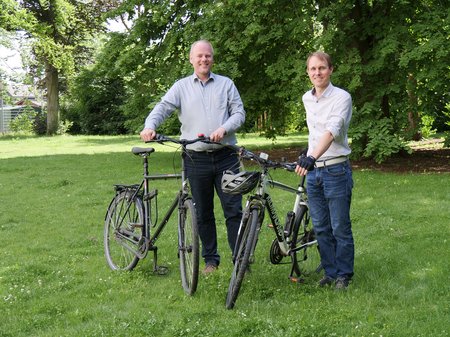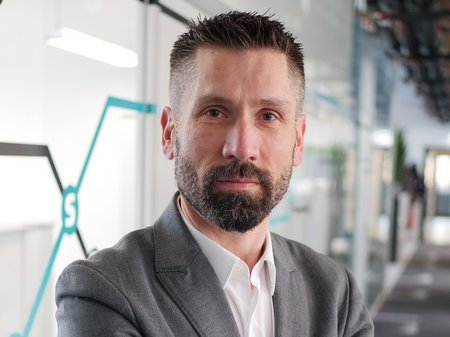"With our research in the areas of radio frequency technology in combination with artificial intelligence, we are making an important contribution to the development of the next mobile communications generation 6G. For domestic industry in particular, 6G enables production and products to be designed more dynamically and flexibly. In addition, new business models emerge as a result of 6G, e.g. the sharing economy and the circular economy," explains Thomas Buchegger, who was most recently responsible for strategic research and emerging technologies at the Linz Center of Mechatronics. "It's important to me to bring the many new opportunities and advantages that 6G will offer to domestic industry at an early stage, enabling them to stay one step ahead of the competition."
"In order to remain at the forefront of global competition, domestic companies need world-class research. SAL supports them with first-class research teams and the corresponding infrastructure. I am pleased to bring on board Thomas Buchegger, a proven expert in the field of radio frequency technology and wireless communication, under whose leadership we will further expand 6G research in Linz in the coming years. I would like to thank his predecessor, Thomas Lüftner, for the excellent work he has done so far," says SAL CEO Gerald Murauer.
About Thomas Buchegger
Thomas Buchegger has more than 20 years of professional experience in the field of wireless communication technologies. Following his mechatronics studies at Johannes Kepler University in Linz, he started his career at Infineon in Munich, where he worked on 3G UMTS mobile communications as part of his diploma thesis. In 2002, the Linz native joined the Linz Center of Mechatronics (LCM) as a doctoral student, where he worked before coming to SAL. In addition to handling more than 400 research projects with companies from various industries, Buchegger built up the business area for contactless sensors and wireless communication at LCM and headed the strategic research of the Mechatronics Competence Center for four years.
6G – the next generation of mobile communications
At SAL in Linz, a team of top international researchers is engaged in basic research on the 6th generation of wireless communication, which is expected to reach market maturity by the end of the decade. 6G will enable the transmission of large volumes of data and thus wireless machine-to-machine communication virtually in real time. This opens up completely new business opportunities for digitized industrial production and clears the way for the transition from the traditionally linear economy to a climate-friendly, more sustainable circular economy.








